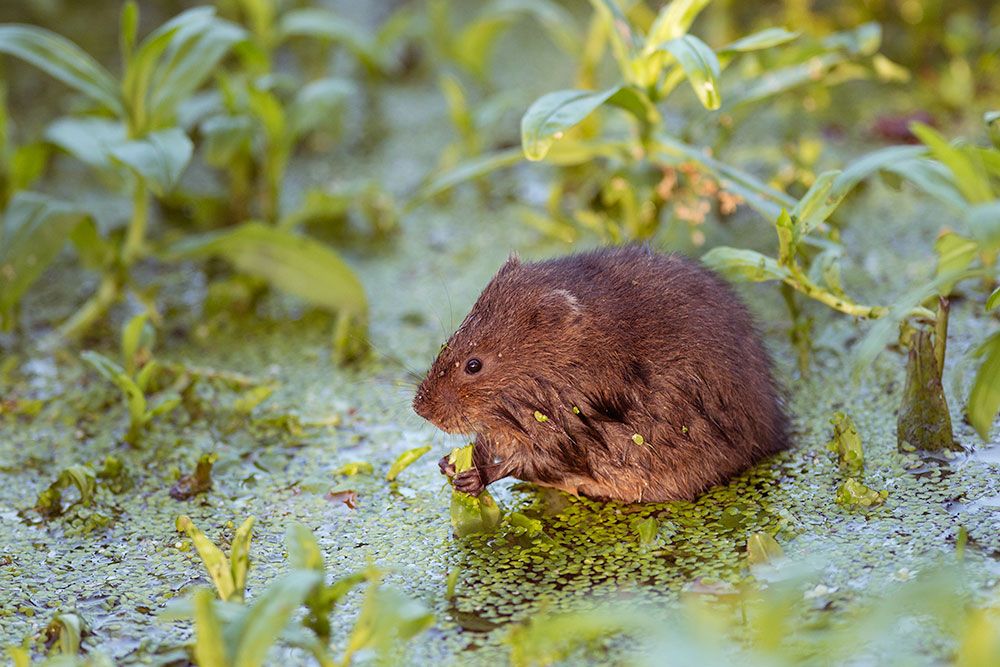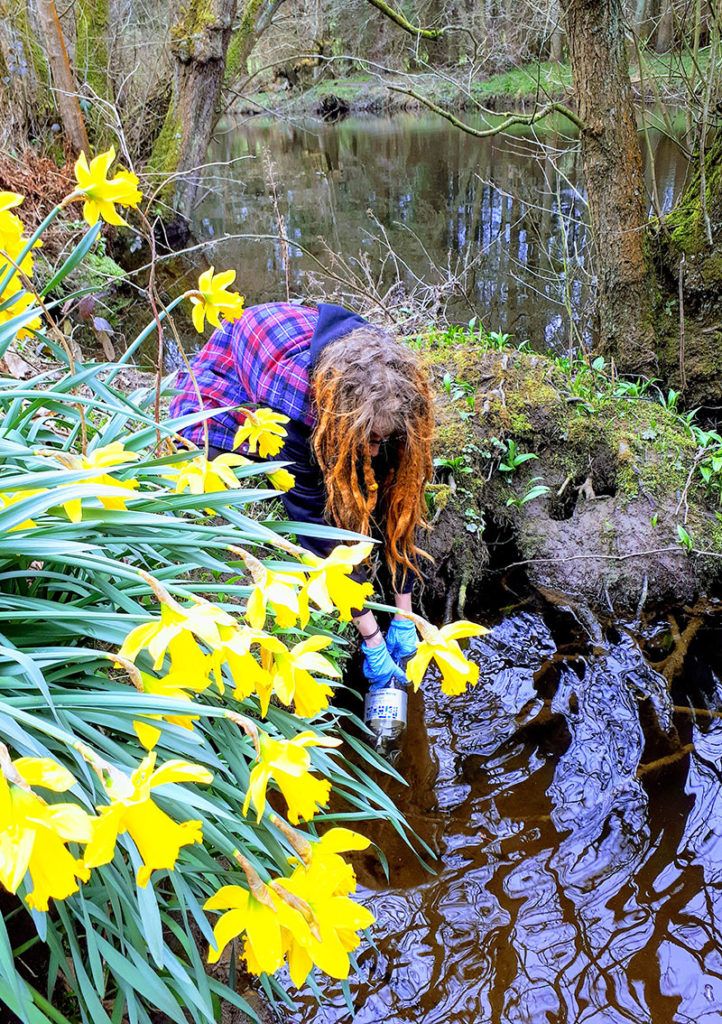Monitoring British mammals using environmental DNA

How reliable is eDNA and is it feasible to use it across large areas?
Funding for this project has now finished
Environmental DNA (eDNA) is revolutionising how we monitor biodiversity. Usually in order to learn more about individual animals we have to take a sample directly from them, such as hair or faeces. But, as they move through the environment they ‘expel’ small particles of DNA which we can collect from the soil or water or snow. As this incredible technique is refined, we’re able to use it see what animals have been in an area recently. We’re now turning our attention to whether or not the technique can be used to reliably monitor semi-aquatic and terrestrial mammals in the UK. Our focus will be water voles, but hopefully the method can work for all kinds of animals.
The problem
In order to protect our wildlife we need to know where species occur. We also need to know whether their populations are increasing or decreasing. Therefore, finding out the abundance of specific animals can be particularly challenging when the species exists at low densities and is difficult to find with field signs. This becomes even trickier when the species is either rapidly declining, recovering or an invasive animal.
The solution

Sampling and sequencing environmental DNA (eDNA) left by species in the environment (e.g. from water) has become a cost-effective methodology for surveying biodiversity. For mammal communities, eDNA gives us the potential to non-invasively monitor species across the country. We are providing funds to a team at the University of Salford to carry out pilot studies. They have demonstrated that we can detect semi-aquatic and terrestrial mammals with eDNA but, but now they need to ‘ground-truth’ the method. This means going into the field to assess how reliable it is and whether it is feasible to use it across large areas, year on year. In this project, we will compare the results from eDNA from field data collected from latrines, live-trapping and camera traps.
Thank you to all our donors who helped us fund this work. You can help us support more projects like this with a donation today:
